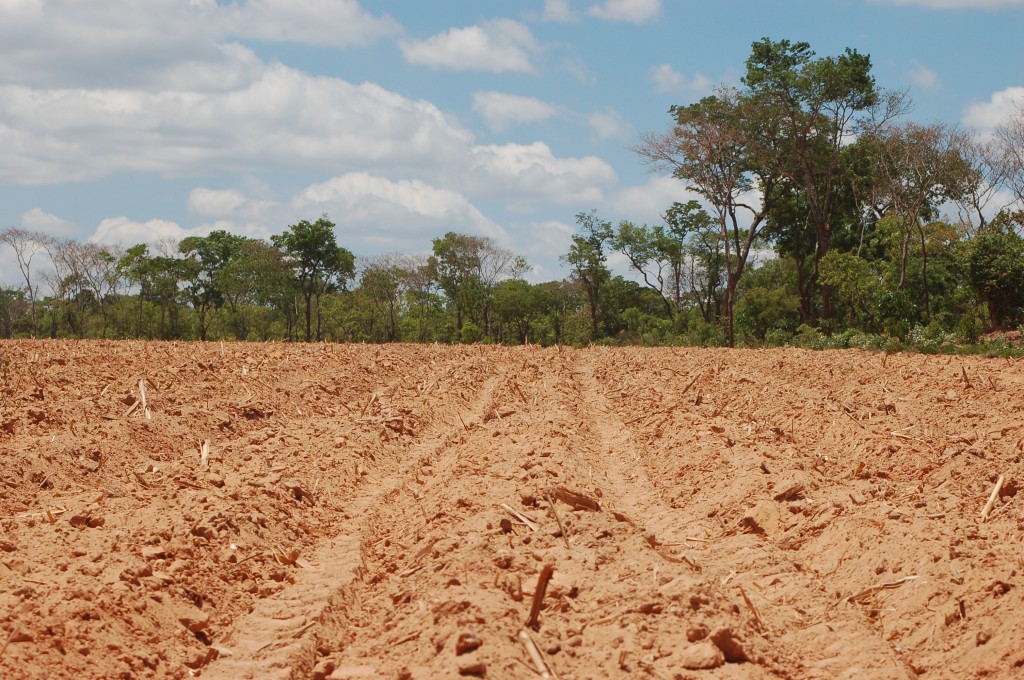 Researchers from Princeton University published a paper in Nature Climate Change that examines the environmental costs relative to the potential crop and biofuel production benefits of farming Africa’s higher rainfall savannas. They found that only 2-11% of these areas qualify as high benefit/low cost in terms of maize and soy yield potential relative to the carbon that would be released from land transformation, while only 1-3% of the land would produce biofuels that meet EU standards for greenhouse gas savings. They also found that this region has mammal and bird diversity similar to that tropical forests. These findings suggest that African savannas cannot produce commodity crops or biofuel for global export without incurring significant environmental cost, and that new crop production in these areas should be prioritized for meeting the continent’s rapidly growing food demand. The authors emphasize the need for more detailed, country-level analyses to identify the areas where food production can be maximized for the least ecological cost. Please follow this link for more detail.
Researchers from Princeton University published a paper in Nature Climate Change that examines the environmental costs relative to the potential crop and biofuel production benefits of farming Africa’s higher rainfall savannas. They found that only 2-11% of these areas qualify as high benefit/low cost in terms of maize and soy yield potential relative to the carbon that would be released from land transformation, while only 1-3% of the land would produce biofuels that meet EU standards for greenhouse gas savings. They also found that this region has mammal and bird diversity similar to that tropical forests. These findings suggest that African savannas cannot produce commodity crops or biofuel for global export without incurring significant environmental cost, and that new crop production in these areas should be prioritized for meeting the continent’s rapidly growing food demand. The authors emphasize the need for more detailed, country-level analyses to identify the areas where food production can be maximized for the least ecological cost. Please follow this link for more detail.
Cropping Africa’s wet savannas would bring high environmental costs
- PhD Studentship on the Role of Symbionts and Pollinating Insects in Plant Speciation Along Altitudinal Gradients
- The Phnom Penh Declaration: Concerns about Cambodia’s environment (2015)



